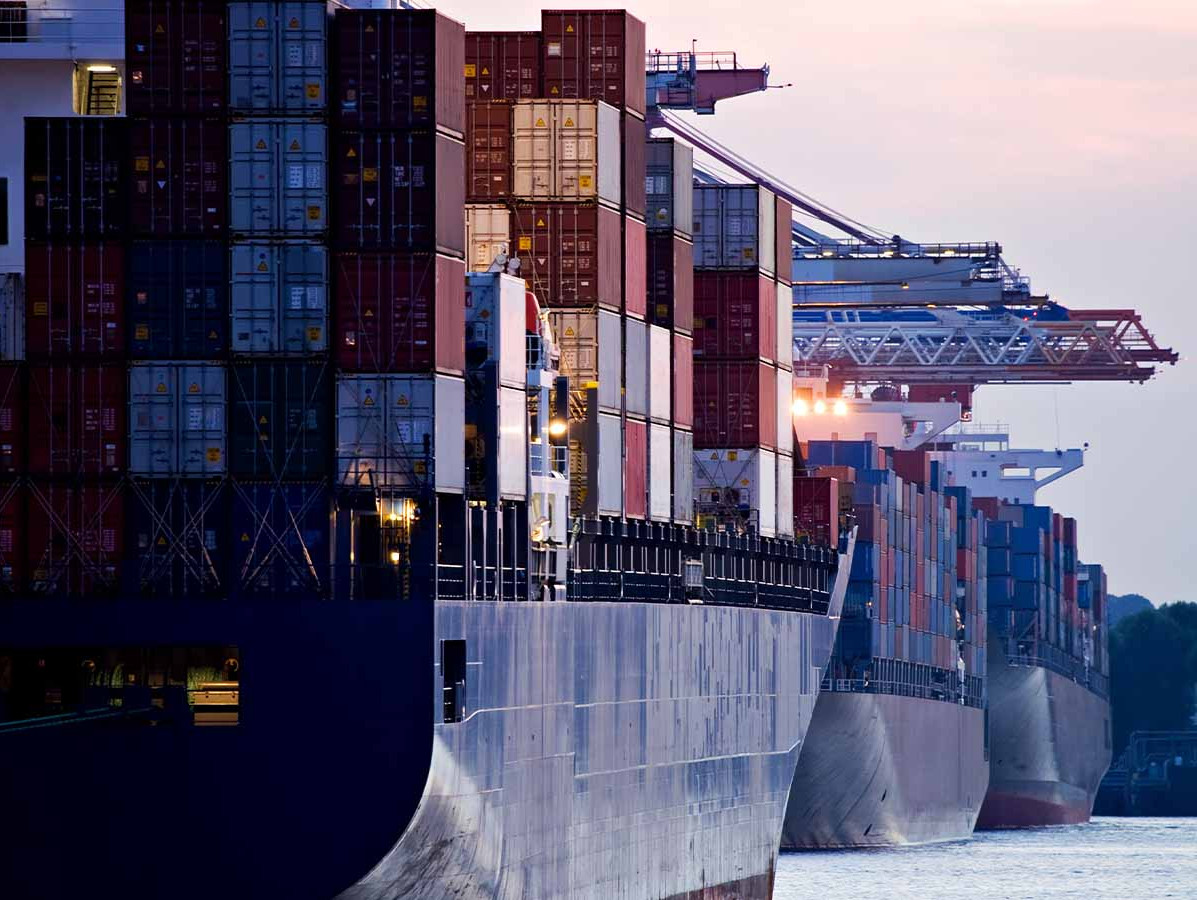
The Dutch agri-food sector is poised for new commercial opportunities within the European Union. This finding comes from a recent study conducted by the Joint Research Centre of the Commission. The study highlights the impact of ten free trade agreements that are currently being negotiated or have already been concluded.
The emphasis is on expanding the export of agri-food products. By entering into preferential trade relations, the EU is diversifying its sources of import. This increases the resilience of the food supply chains. The report indicates that in 2022, the EU recorded a positive agri-food trade balance of 58 billion EUR, reinforcing its position as the world's largest exporter of agri-food products.
The agreements under review include partners such as Australia, Chile, India, Indonesia, Malaysia, Mercosur countries, Mexico, New Zealand, the Philippines, and Thailand. The value of EU exports of agri-food products is expected to increase by 3.1 to 4.4 billion EUR. In particular, the export of dairy products, wine, beverages, and processed agri-food products is expected to rise. EU products are internationally recognized for their quality and high safety and sustainability standards.
The import into the EU is also expected to increase, with an estimated rise between 3.1 and 4.1 billion EUR. This ensures a balanced growth in both export and import, positively influencing the EU's total trade balance. However, the study also points out challenges for certain sensitive sectors such as beef, sheep meat, poultry, rice, and sugar. These sectors can expect increased competition from trade partners. The EU employs tariff quotas to protect these sectors and limit market disruptions.
For the first time, the study also examines the impact of recent British trade agreements with countries like Australia and New Zealand. While these agreements will somewhat affect the market position of EU producers in the UK, the EU remains one of the key suppliers. The study emphasizes the importance of diversification in both export markets and sources of import.
The study is an update of the initial research from 2016, providing policymakers and negotiators with insights into the relationship between the EU's trade agenda and the agricultural sector. Two scenarios are examined: a more ambitious scenario with complete liberalization of 98.5% of all products, and a more conservative scenario with a liberalization of 97%. This research is crucial for the future direction of EU trade relations and their impact on the Dutch agri-food industry.
Source: Europese Commissie